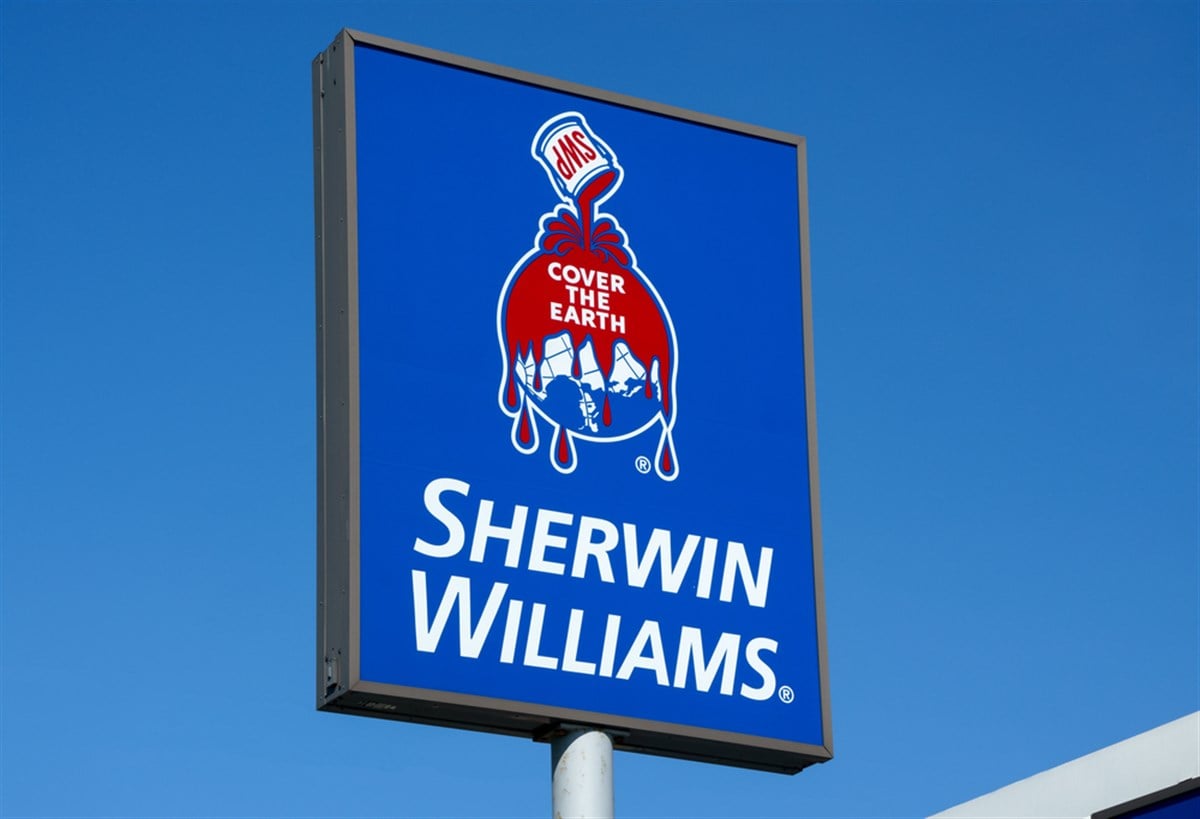
The threat of geopolitical tension is always bad for the stock market; however, certain stocks tend to shrug off international conflicts. Inside the U.S., the real estate sector is looking at a potential new bull run in the coming quarters, and it all has a relatively simple cause.
After Warren Buffett started buying into homebuilding stocks, investors got curious. Far from being a discount, Buffett’s position in D.R. Horton Inc. (NYSE: DHI) is more of a cyclical bet than his typical long-term value investing strategy—or is it? According to the Intercontinental Exchange, most mortgages in the U.S. carry an average interest rate of 3.25% today.
These rates matter because, as mortgages hover around 7.5% these days, most homeowners are probably not looking to sell their cheap mortgage only to refinance a new home at a much more expensive rate. At the same time, would-be homebuyers aren’t looking to buy at these high rates. To get out of this situation, builders need to step up and inject new inventory.
After these homebuilders do their part and Buffett gets paid, stocks like Sherwin-Williams Co. (NYSE: SHW) will need to come in and furnish newly built homes, as the company is one of the leading chemicals (paint) names in real estate.
Markets Are Getting Ready
After declining by 12% in the past two weeks, Sherwin-Williams stock fell to 88% of its 52-week high, attracting some attention as a potential buy target. Now, why would analysts at Citigroup Inc. (NYSE: C) and the UBS Group (NYSE: UBS) boost the stock’s price target ahead of its coming quarterly earnings announcement?
That’s right, price targets advanced to $390 from Citi and $402 from UBS. Respectively, these banks suggest that the stock could rally by 28% and 32% in the coming months. However, investors should take analyst ratings with a grain of salt, so here’s what markets think about Sherwin-Williams.
Compared to the construction sector, Sherwin-Williams stock is valued at a 33x P/E multiple, a 98% premium to the sector’s 16.6x average valuation today. There must be a good reason for analysts to expect so much upside in the stock and for markets to be willing to overpay for it as well.
It won’t be the stock’s 1% dividend yield; investors could start asking other questions instead, focusing more on the stock’s fundamentals and potential national real estate demand.
The Sherwin-Williams Brand: As Good as Ever
[content-module:CompanyOverview|NYSE:SHW]
As of 2019, Sherwin-Williams owned 28.5% of the North American paints and coatings market. In second place, PPG Industries Inc. (NYSE: PPG) took nearly 21% of the market. While this is a tight competitive positioning, markets still preferred Sherwin-Williams over PPG.
Valued at 22.1x, PPG stock trades at a 33% discount to Sherwin-Williams. The saying “It must be cheap for a reason” applies here, as the same Citigroup and UBS analysts that boosted Sherwin-Williams came to downgrade PPG stock. From $156 down to $150, UBS sees a 15% upside in the stock.
For Citi, the downgrade took the stock’s previous valuation of $170 down to $161, a 5.3% decline in their perceptions of the stock. Analysts aren’t the only ones carrying this opinion for the two competitors.
Institutional investment inflow over the past year was $9.6 billion for Sherwin-Williams, while for PPG, it was only $5 billion. How bears regarded these two stocks over the past month can also give investors another angle for gauging current sentiment.
PPG stock’s short interest rose by 5.6% during the period. Remembering that fighting the market – and analysts – could prove futile, bears retreated from Sherwin-Williams stock, as its short interest declined by 9.9% in the past month.
As Sherwin-Williams earnings are coming up on April 23rd, analysts looking to boost their reputation gave the stock a higher valuation. At the same time, short sellers wanted to avoid losses and retreated from the stock.
[content-module:CompanyOverview|NYSE:PPG]
The final check may be based on the two stocks' price-to-book (P/B) ratios. Investors are willing to pay 21x for Sherwin-Williams' book, the first financial metric to expand on rising net income. The company's financials show a net income margin of 10.4%, over PPG's 7%.
A gap in profitability, combined with Sherwin-Williams’ superior returns on invested capital (ROIC) rates of 14.5%, superior to PPG’s 9.3%, could have driven investors to discount PPG’s book to only 3.8x.